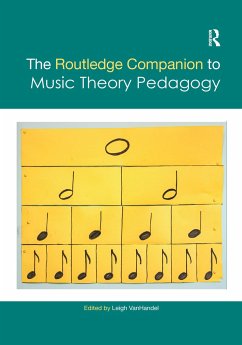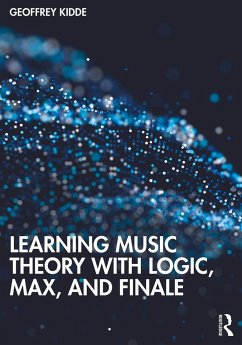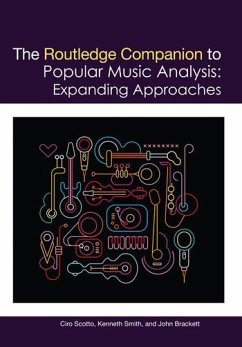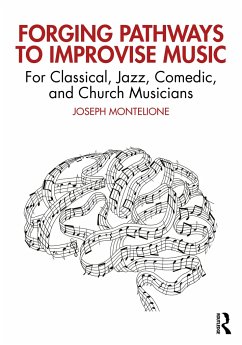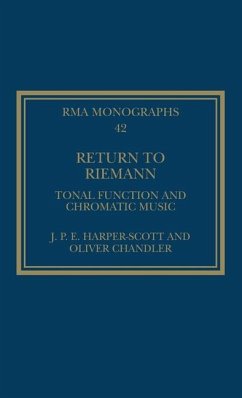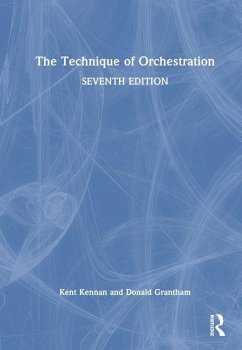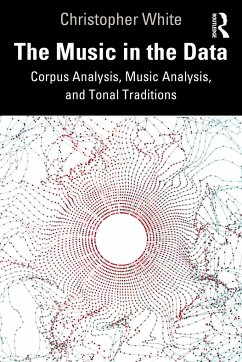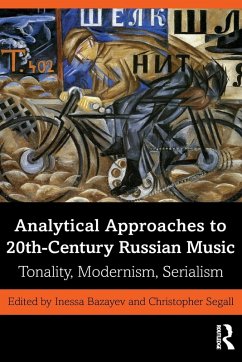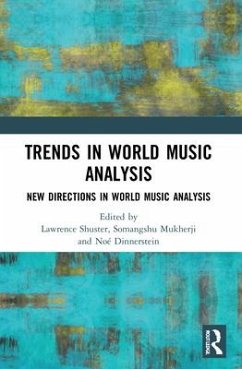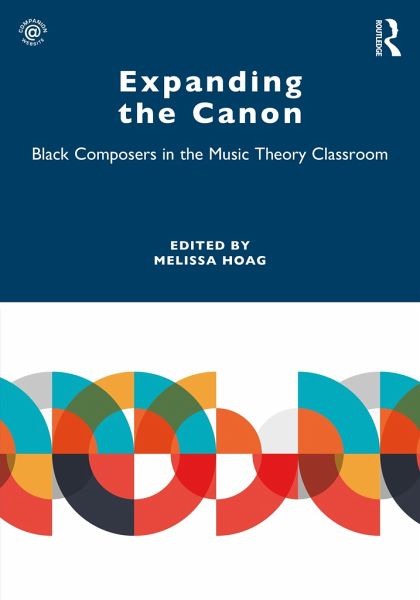
Expanding the Canon
Black Composers in the Music Theory Classroom
Herausgegeben: Hoag, Melissa
Versandkostenfrei!
Versandfertig in 6-10 Tagen
46,99 €
inkl. MwSt.

PAYBACK Punkte
23 °P sammeln!
Directly addressing the underrepresentation of Black composers in core music curricula, Expanding the Canon: Black Composers in the Music Theory Classroom aims to both demonstrate why diversification is badly needed and help faculty expand their teaching with practical, classroom-oriented lesson plans that focus on teaching music theory with music by Black composers.This collection of 21 chapters is loosely arranged to resemble a typical music theory curriculum, with topics progressing from basic to advanced and moving from fundamentals, diatonic harmony, and chromatic harmony to form, popular...
Directly addressing the underrepresentation of Black composers in core music curricula, Expanding the Canon: Black Composers in the Music Theory Classroom aims to both demonstrate why diversification is badly needed and help faculty expand their teaching with practical, classroom-oriented lesson plans that focus on teaching music theory with music by Black composers.
This collection of 21 chapters is loosely arranged to resemble a typical music theory curriculum, with topics progressing from basic to advanced and moving from fundamentals, diatonic harmony, and chromatic harmony to form, popular music, and music of the twentieth and twenty-first centuries. Some chapters focus on segments of the traditional music theory sequence, while others consider a single style or composer. Contributors address both methods to incorporate the music of Black composers into familiar topics, and ways to rethink and expand the purview of the music theory curriculum. A foreword by PhilipEwell and an introductory narrative by Teresa L. Reed describing her experiences as an African American student of music set the volume in wider context.
Incorporating a wide range of examples by composers across classical, jazz, and popular genres, this book helps bring the rich and varied body of music by Black composers into the core of music theory pedagogy and offers a vital resource for all faculty teaching music theory and analysis.
This collection of 21 chapters is loosely arranged to resemble a typical music theory curriculum, with topics progressing from basic to advanced and moving from fundamentals, diatonic harmony, and chromatic harmony to form, popular music, and music of the twentieth and twenty-first centuries. Some chapters focus on segments of the traditional music theory sequence, while others consider a single style or composer. Contributors address both methods to incorporate the music of Black composers into familiar topics, and ways to rethink and expand the purview of the music theory curriculum. A foreword by PhilipEwell and an introductory narrative by Teresa L. Reed describing her experiences as an African American student of music set the volume in wider context.
Incorporating a wide range of examples by composers across classical, jazz, and popular genres, this book helps bring the rich and varied body of music by Black composers into the core of music theory pedagogy and offers a vital resource for all faculty teaching music theory and analysis.





